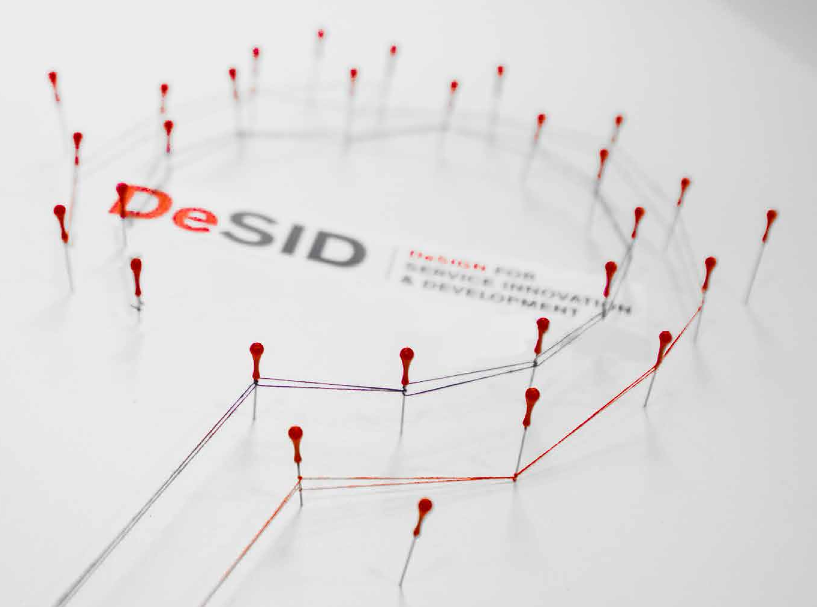[Report] Design for Service Innovation & Development

Design for Service Innovation & Development: Final Report
Edited by y Daniela Sangiorgi, Alison Prendiville, Jeyon Jung and Eun Yu
May 2015
DeSID (Design for Service Innovation and Development) is a six-month scoping study funded by the AHRC (Arts and Humanities Research council) into the different ways that Service Design contributes to service innovation. The output is a rich picture of how designers operate in practice and contribute to wider and on going service development processes; including the way their engagement with their clients and the specific project conditions highly affect the kind of outcome they generate. This has been summarised delineating three typologies of Service Design’s contribution:
- Service Design as a skilled contribution to address a specific need
Here designers’ contribution is mostly concentrated on the initial stages of NSD with an emphasis on the research and design activities; the projects have finite deliverables and design activities between client and organisations tend to remain separate with clear distinct roles.
- Service Design as a people centred,creative and systematic process
Here designers are chosen for their innovation approach; clients are interested in learning from their process. Designers and clients work in a very collaborative and iterative way with on going prototyping; change is driven by systematic design processes.
- Service Design as a collaborative and people centred mind set and approach
Designers are called in to inform a transformation of how the client organisation works, delivers their service and thinks. In this case the NSD process is emergent and designers support a learning process within the client organisation.



